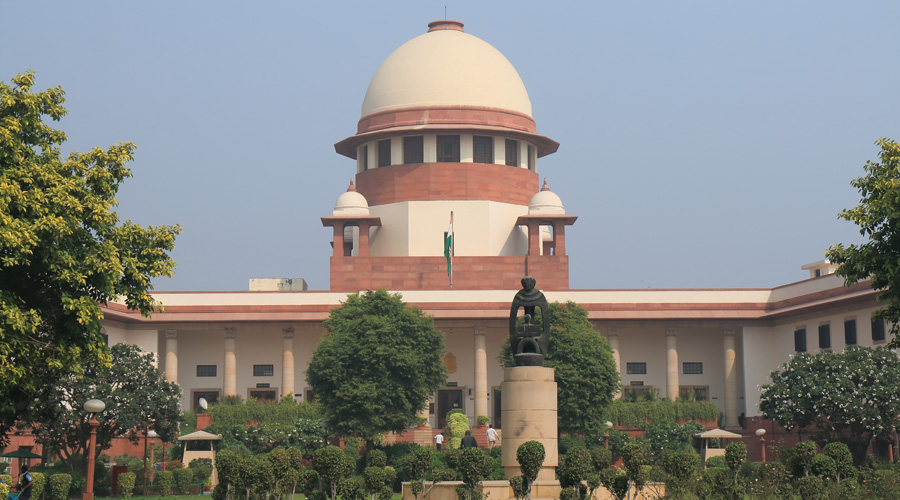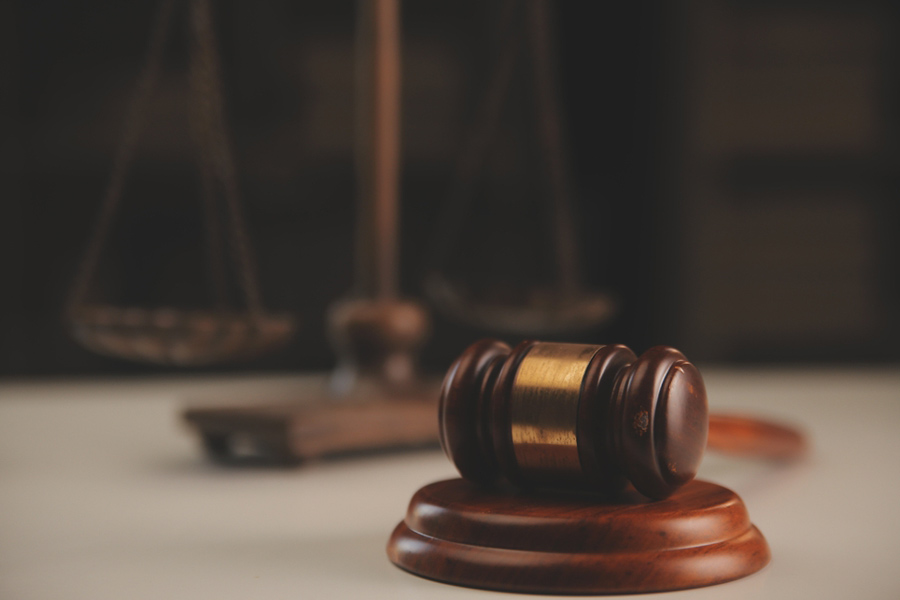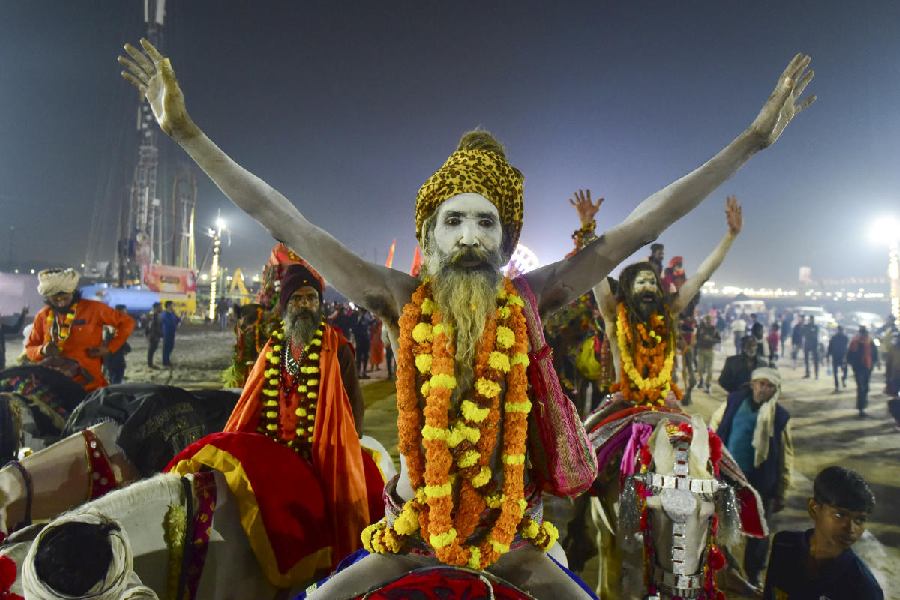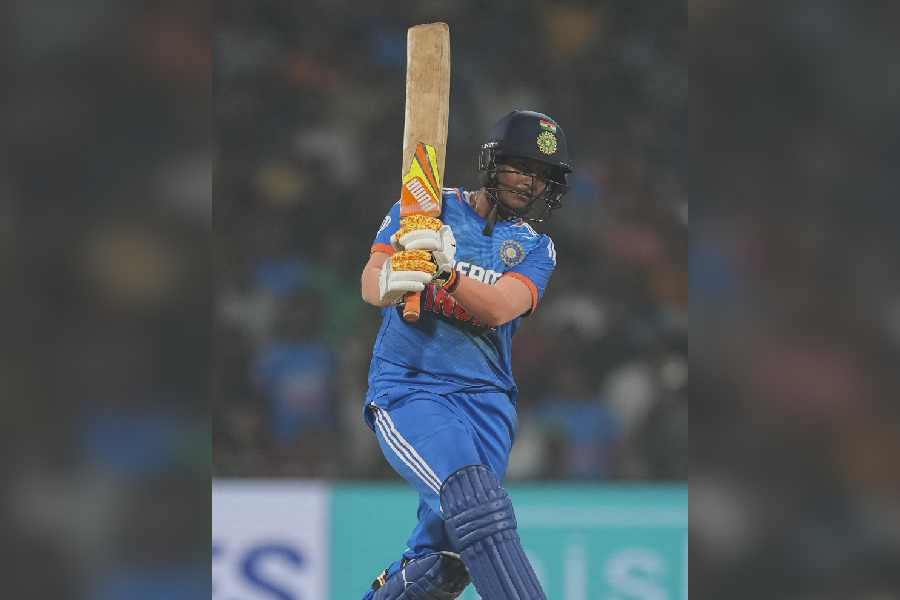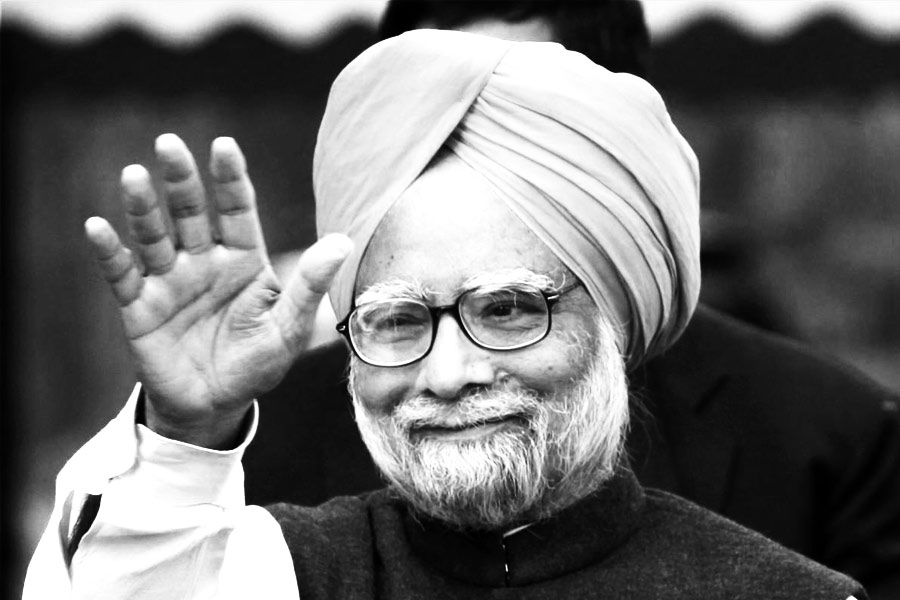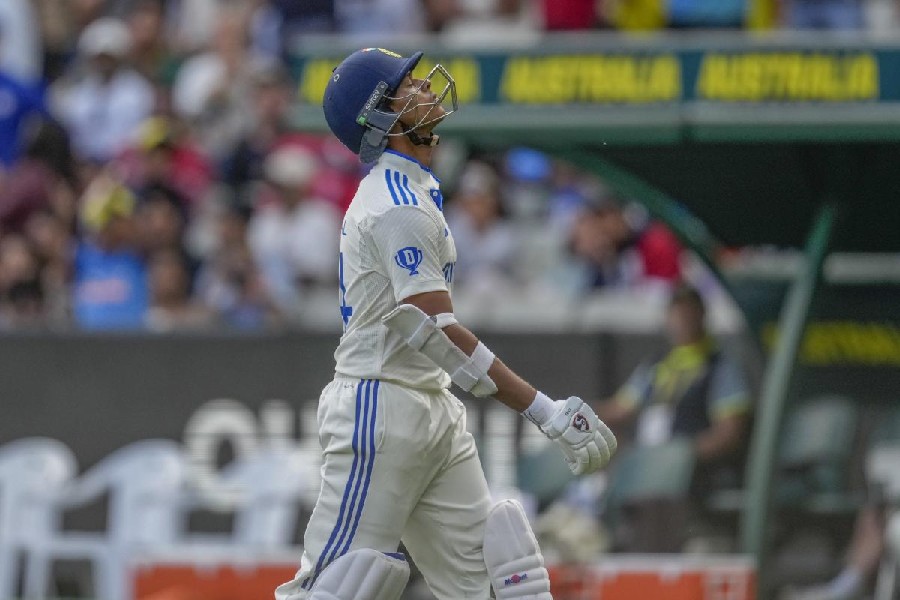Former Supreme Court Bar Association president Vikas Singh on Friday questioned the top court’s “unilateral” decision to continue with virtual proceedings instead of resuming physical hearings despite all other sectors in the country having gradually returned to normal functioning.
In a letter to Chief Justice of India S.A. Bobde and others, the senior advocate said the pandemic-related freeze on physical hearings since last March had caused immense hardship to litigants and advocates and hamstrung the justice delivery system.
“I am deeply concerned with the non-resumption of normal functioning of this institution. Bar and Bench are the two main pillars on which the system of justice stands; however, (the) recent turn of events ha(s) created a situation whereby the interests of the Bar are being neglected and the Bench is taking unilateral decisions with regard to the functioning of the institution,” Singh wrote.
The letter was marked to senior Supreme Court judges such as Justices N.V. Ramana, R.F. Nariman, Uday Umesh Lalit, A.M. Khanwilkar, D.Y. Chandrachud and L. Nageswara Rao besides apex court secretary-general Sanjeev S. Kalgaonkar and others.
Singh cited Justice Bobde’s recent observation that physical hearing may not resume immediately because of the pandemic situation.
“In my view when the entire country is opening up, of course with sufficient safeguards, I see no reason why the Supreme Court which is the foundation of our democratic polity should not resume full normal functioning by putting in place sufficient safeguards for the said opening,” he wrote.
“While the judges and the court staff are completely protected being away from the areas where the lawyers, litigants and media come, till date no effort has been (made) to think of a method whereby the number of people entering the court is restricted and normal functioning of courts starts on that basis.”
Singh said these were “extraordinary times and accordingly require extraordinary measures”.
“The largest stakeholders in the functioning of the Supreme Court are the litigants for whose benefit this entire institution has been created, and while the issue of the pandemic is looming large in this country, the litigants cannot be ignored by the non-functioning of the Supreme Court in a proper manner,” he wrote.
Singh regretted that the apex court is not allowing “mentioning” – the practice of orally mentioning matters of urgent public importance before the court — which he said was affecting the justice delivery system.
“You will appreciate that mentioning is a very important activity with regard to the accessibility of the Supreme Court at all times and the said activity has never been denied in the functioning of this court right from the inception,” he wrote.
“It is a method by which urgent matters which need immediate attention can be brought to the notice of the court for immediate remedial action. When I took up this issue with yourself, I was informed that there are bandwidth issues for allowing mentioning. I personally feel that any technological shortcoming cannot be an impediment in this vital activity.
“There are always ways and means to overcome the same. As the CJI court has sat at 12 noon through most of the pandemic, an hour of exclusive sitting for the mentioning could have been provided before the CJI’s court from 10.30am onwards, which is the normal functioning time of the Supreme Court, in which the lawyers/ litigants who have matters listed during the day need not be given access and the entire system be used for the purpose of mentioning only.
“In this way it could easily be ensured that matters which need urgent attention are not made to wait unnecessarily and if required, urgent orders can also be passed during mentioning.”

